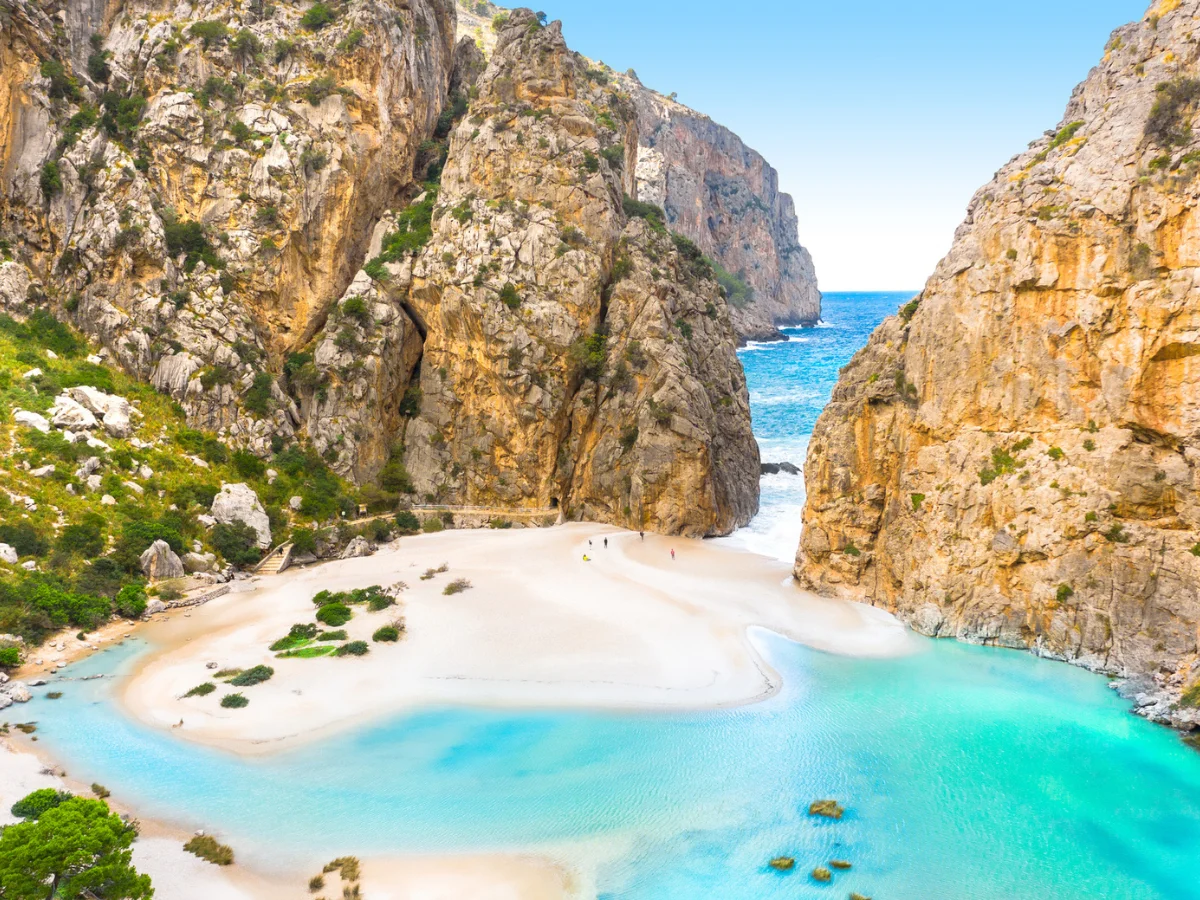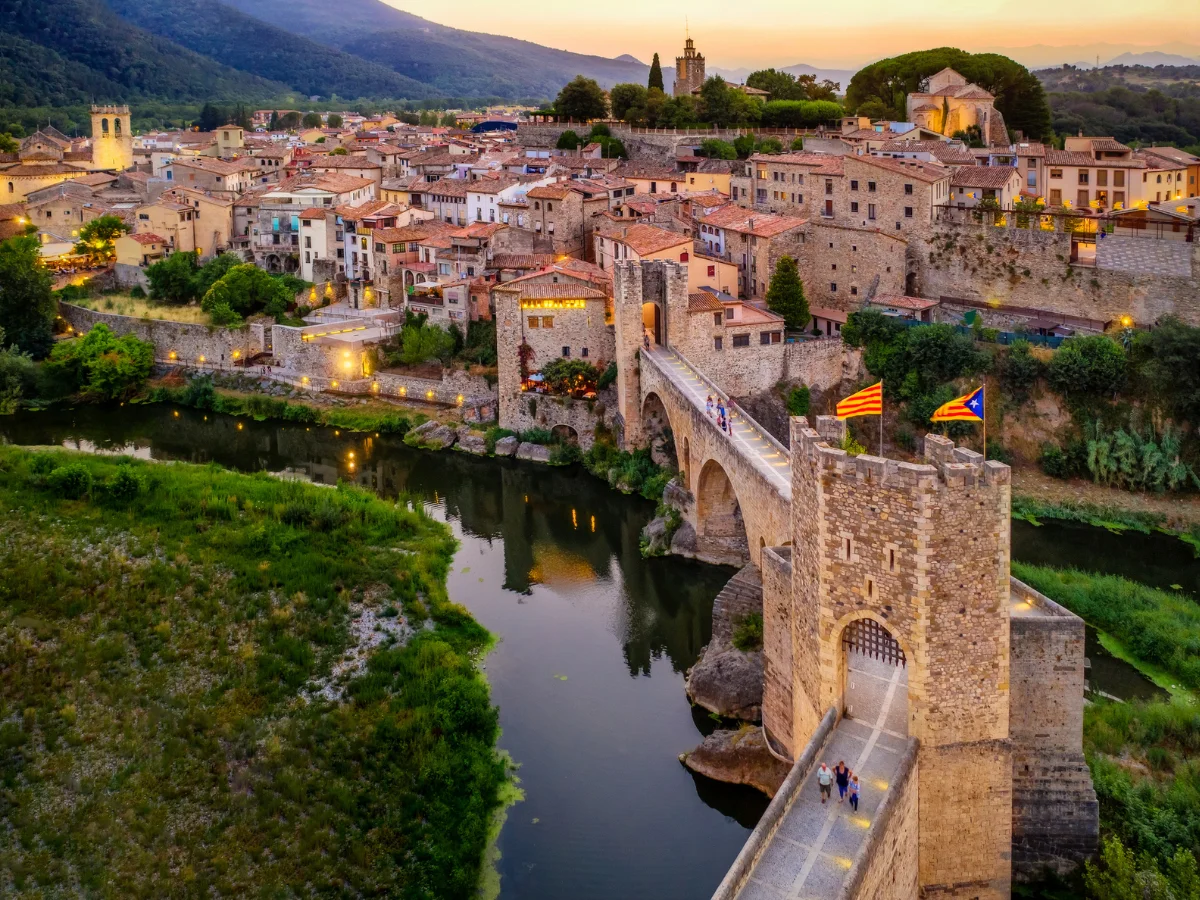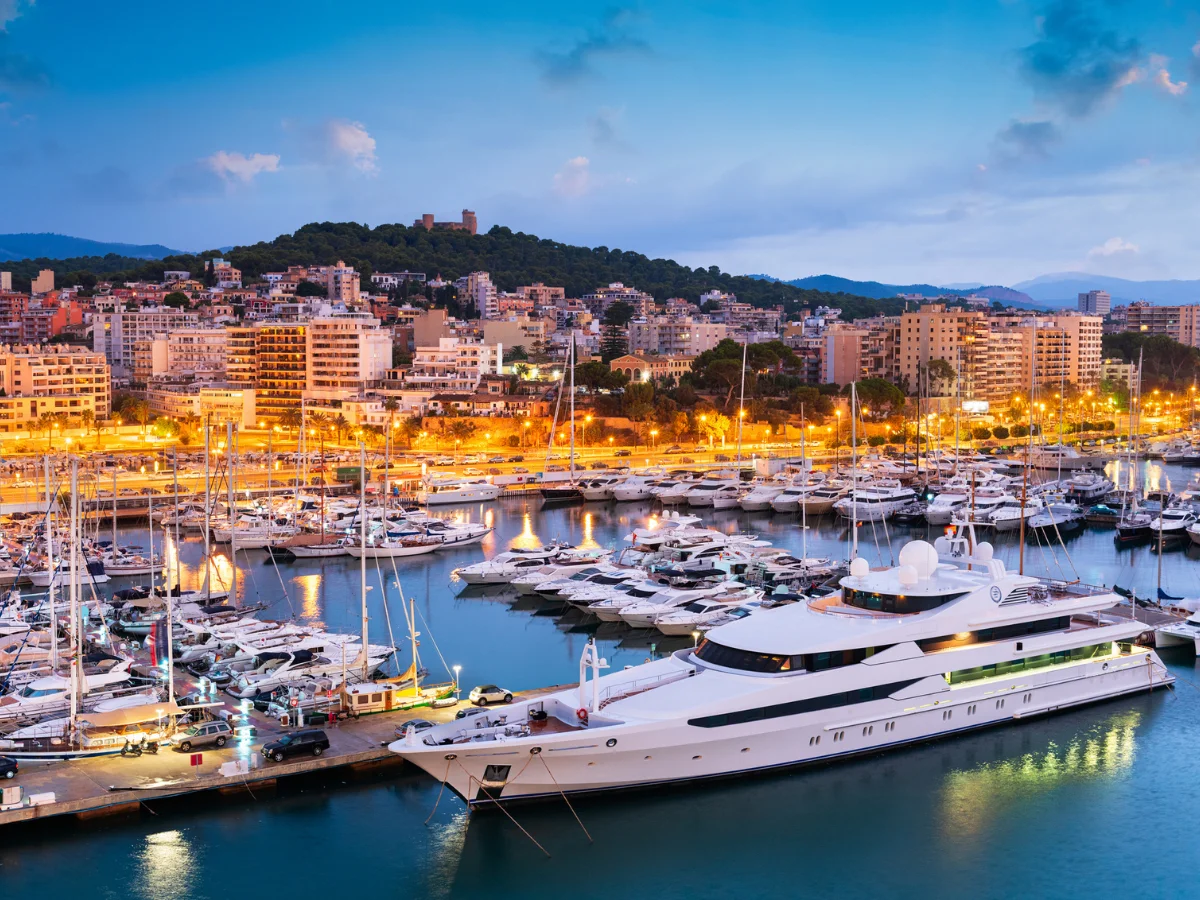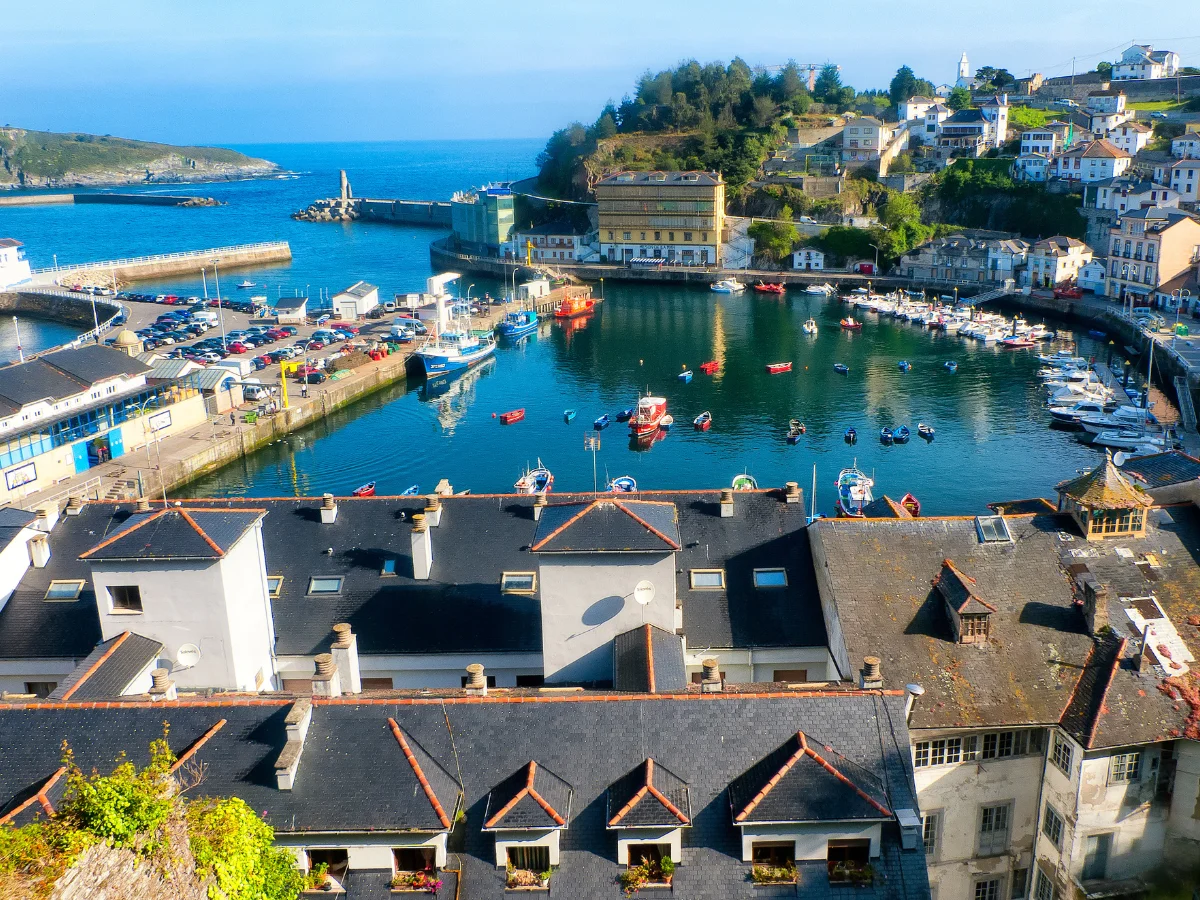The Kingdom of León
The Kingdom of León, a medieval powerhouse in Spain’s northwest, rose under Alfonso III’s reign in the 9th century. Expanding its borders into Galicia and Asturias, León thrived culturally and militarily. During its golden age in the 10th and 11th centuries, under monarchs like Alfonso VI, León reached its zenith. Despite internal strife, León’s contributions to the Reconquista endure. Eventually absorbed into Castile in the 13th century, León’s legacy lives on through its cultural and architectural marvels.

The Kingdom of León in Ancient Spain
Introduction: The Birth of León
The Kingdom of León emerged as a prominent political entity in medieval Spain, tracing its origins to the early Middle Ages. Situated in the northwestern region of the Iberian Peninsula, León rose to prominence during a time of political fragmentation and Moorish incursions. Founded by King Alfonso III in the 9th century, León would come to play a pivotal role in shaping the destiny of the Iberian Peninsula.
Territorial Expansion and Influence
From its inception, the Kingdom of León embarked on a campaign of territorial expansion, seeking to consolidate its power and assert its authority over neighboring regions. Initially centered around the city of León, the kingdom gradually expanded its borders, encompassing territories such as Galicia, Asturias, and parts of Castile. This expansion allowed León to emerge as a formidable force in medieval Spain, rivaled only by the kingdoms of Castile, Aragon, and Navarre.
Cultural and Religious Significance
The Kingdom of León was not only a political powerhouse but also a center of cultural and religious significance. As one of the Christian kingdoms in medieval Spain, León played a crucial role in the Reconquista, the centuries-long campaign to reconquer the Iberian Peninsula from Moorish rule. Its rulers, such as Alfonso VI and Alfonso VII, patronized the arts, architecture, and scholarship, contributing to a flourishing cultural renaissance.
Golden Age of León
The 10th and 11th centuries are often regarded as the golden age of the Kingdom of León. During this period, the kingdom reached its zenith of power and influence, boasting a prosperous economy, a strong military, and a vibrant cultural scene. Under the reign of monarchs like Alfonso V and Alfonso VI, León experienced a period of relative stability and prosperity, marked by advancements in agriculture, commerce, and urbanization.
The Kingdom of León: A Pillar of Ancient Spain
León under Alfonso VI
The reign of Alfonso VI, also known as “The Brave,” marked a watershed moment in the history of the Kingdom of León. Ascending to the throne in the late 11th century, Alfonso VI embarked on a series of military campaigns aimed at expanding León’s territory and pushing back the boundaries of Moorish control. His victories, such as the capture of Toledo in 1085, solidified León’s position as a major player in the Reconquista.
León’s Decline and Succession
Despite its achievements, the Kingdom of León faced internal strife and external pressures that would ultimately contribute to its decline. Successive dynastic conflicts, such as the War of the Three Sanchos, weakened León’s cohesion and allowed rival kingdoms to encroach upon its territory. By the 12th century, León had been eclipsed by the rising powers of Castile and Aragon, leading to its eventual incorporation into the Kingdom of Castile in 1230.
Legacy of León
Although the Kingdom of León ceased to exist as an independent entity, its legacy endured in the annals of Spanish history. The Reconquista, which was spearheaded in part by León, culminated in the expulsion of the Moors from the Iberian Peninsula and the establishment of Christian hegemony. Additionally, León’s cultural and architectural contributions, exemplified by landmarks such as the Cathedral of León and the Royal Pantheon of Kings, continue to captivate and inspire visitors to this day.
Conclusion: A Beacon of Medieval Spain
The Kingdom of León, with its rich heritage and illustrious history, remains a testament to the resilience and ingenuity of the people of medieval Spain. From its humble beginnings to its golden age of prosperity and its eventual integration into a unified Spain, León played a crucial role in shaping the destiny of the Iberian Peninsula. Though its borders may have faded into obscurity, the legacy of León lives on, etched into the fabric of Spanish culture and identity.



